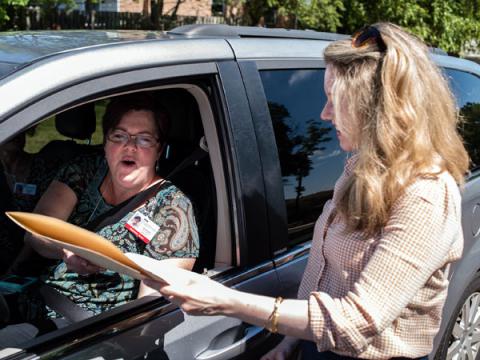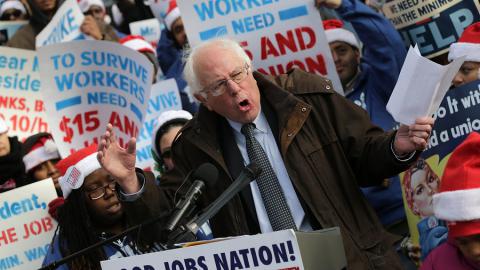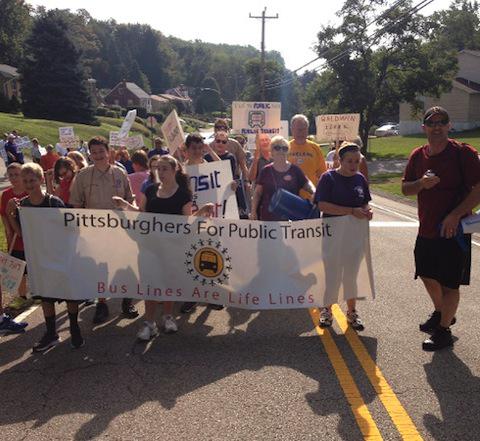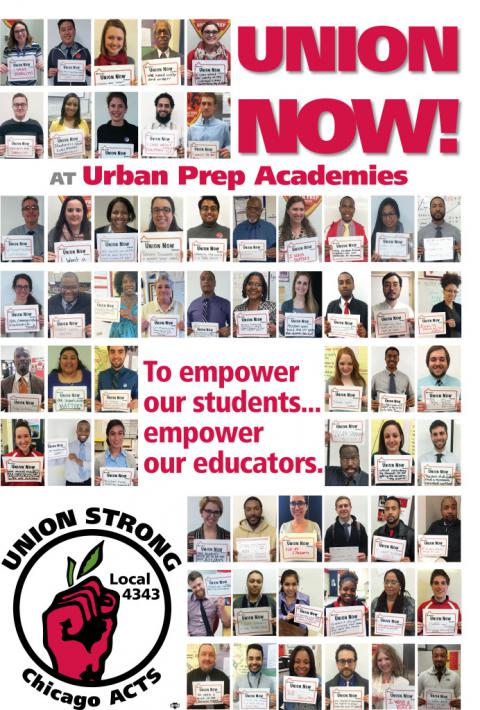UE Becomes First National U.S. Union to Endorse BDS
Portside
The resolution also endorses the worldwide BDS movement – Boycott, Divestment, Sanctions – to pressure Israel to end its apartheid over the Palestinians just as similar tactics helped to end South African apartheid in the 1980s. UE is now the first U.S. national union to endorse BDS.








Spread the word